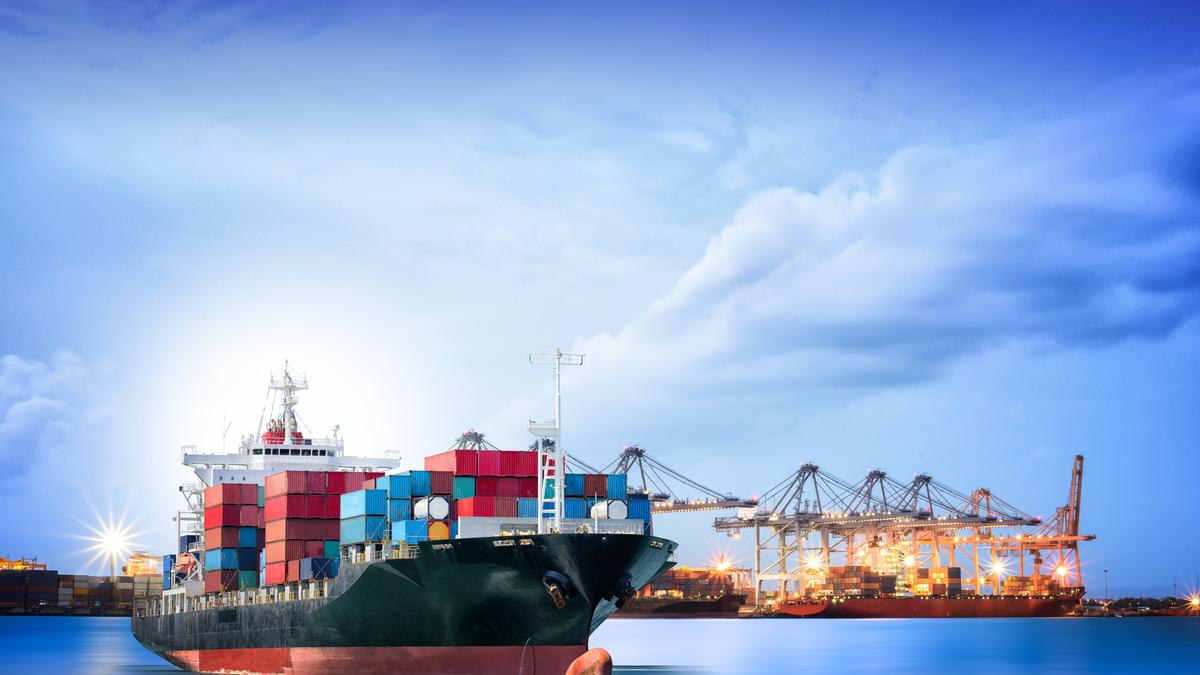UniCredit's Russian Bonds Exposure: Sanctions Risk Looms, Warns Italian Finance Minister

Rome, Italy – Italy’s Finance Minister, Giancarlo Giorgetti, has raised concerns about UniCredit's exposure to potential international sanctions due to its investments in Russian sovereign bonds. The revelation comes amidst ongoing geopolitical tensions and increasingly stringent sanctions regimes targeting Russia.
Speaking on Wednesday, Giorgetti highlighted that UniCredit's holdings of Russian sovereign bonds, managed through its local subsidiary, present a significant risk. These bonds, while representing a portion of UniCredit's overall portfolio, could become subject to restrictions or outright bans if further sanctions are imposed.
“We are aware of UniCredit’s investments in Russian sovereign bonds through its local unit,” Giorgetti stated. “This does expose the group to the risk of possible international sanctions, and we are closely monitoring the situation.”
UniCredit, one of Italy’s largest banks, has been gradually reducing its exposure to Russia since the invasion of Ukraine, but it still holds a substantial amount of Russian assets, including the aforementioned sovereign bonds. The bank has previously stated its commitment to adhering to all applicable sanctions and regulations.
The Italian government is reportedly working closely with UniCredit to assess and mitigate the potential risks associated with these investments. This includes exploring strategies to manage the impact of potential sanctions and ensuring the bank’s financial stability.
Market Reaction and Wider Implications
The news has sparked concerns among investors, with UniCredit’s share price experiencing some volatility in the wake of Giorgetti’s comments. Analysts suggest that the situation underscores the complex challenges facing European banks with operations in Russia.
The potential for sanctions on Russian sovereign bonds could significantly impact UniCredit's profitability and its ability to access international capital markets. It also highlights the broader risks facing financial institutions with exposure to politically sensitive regions.
Furthermore, the situation could trigger increased scrutiny from regulators and shareholders, demanding greater transparency and risk management practices regarding investments in countries facing sanctions.
UniCredit's Response
UniCredit has responded to the concerns by reiterating its commitment to complying with all sanctions and regulations. The bank stated that it is actively managing its exposure to Russia and is prepared to take further steps if necessary.
“UniCredit is committed to operating responsibly and in compliance with all applicable laws and regulations,” a spokesperson for the bank said. “We are closely monitoring the situation in Russia and are prepared to take further steps to mitigate any potential risks.”
The situation remains fluid, and the potential for further sanctions against Russia remains high. UniCredit's ability to navigate these challenges will be crucial to its long-term success and its reputation as a leading European bank. The Italian government's ongoing assessment and collaboration with UniCredit will be key in ensuring financial stability and minimizing any adverse impacts on the Italian economy.






